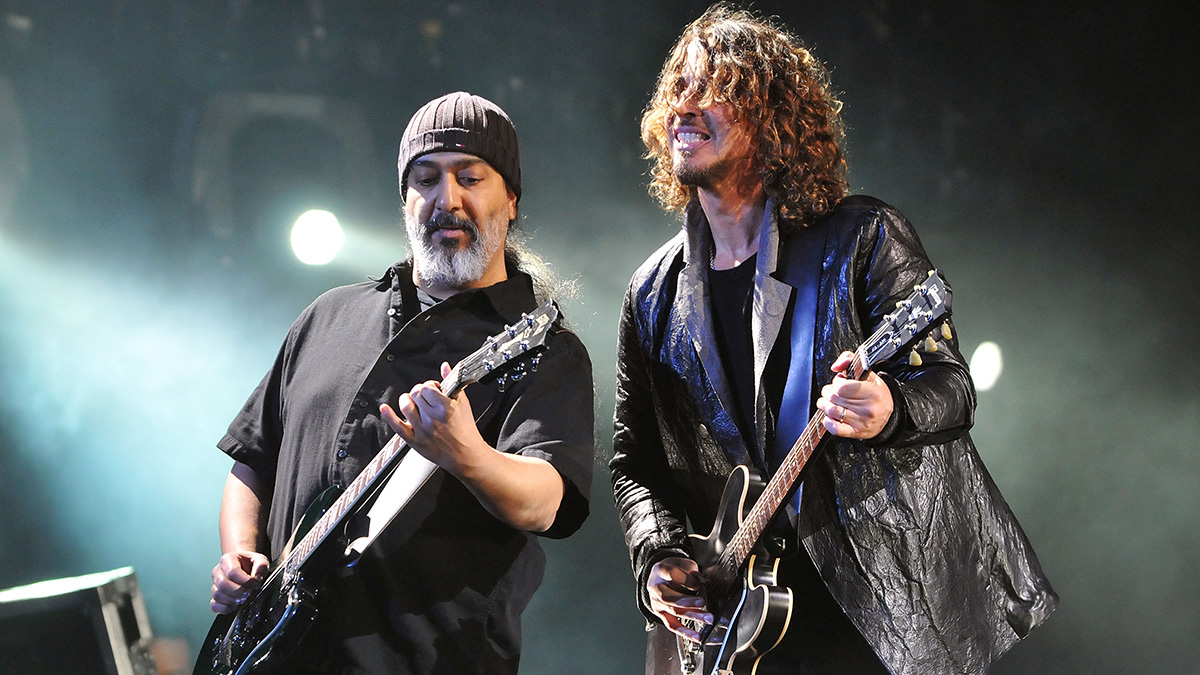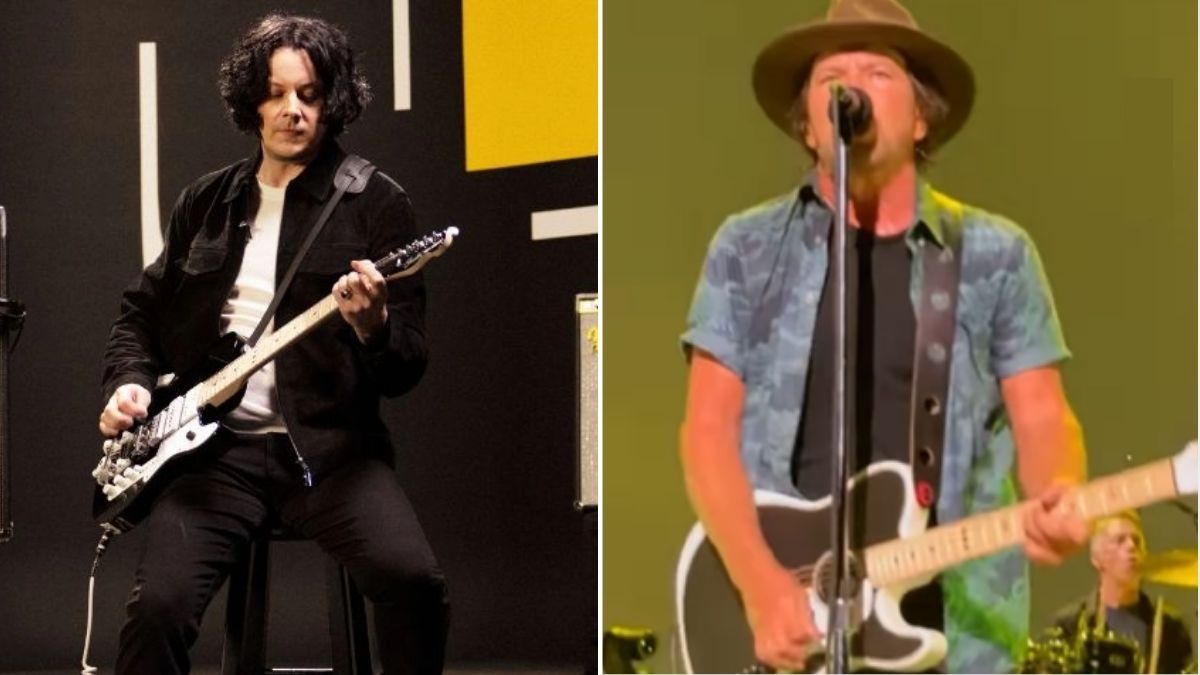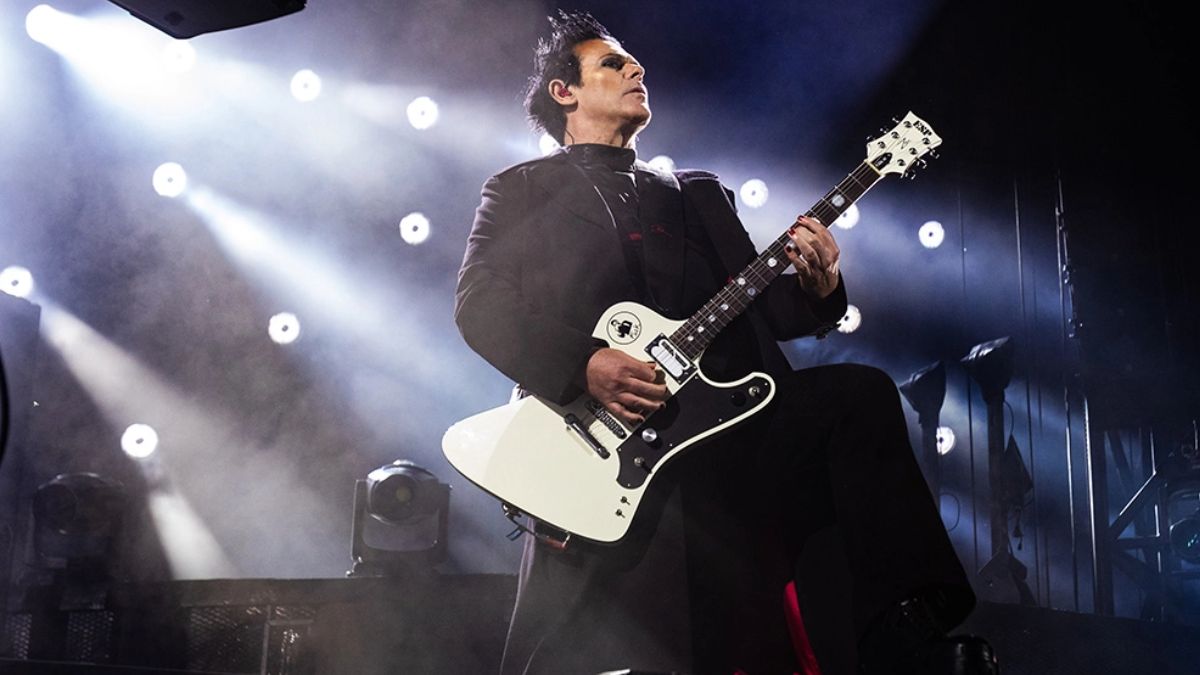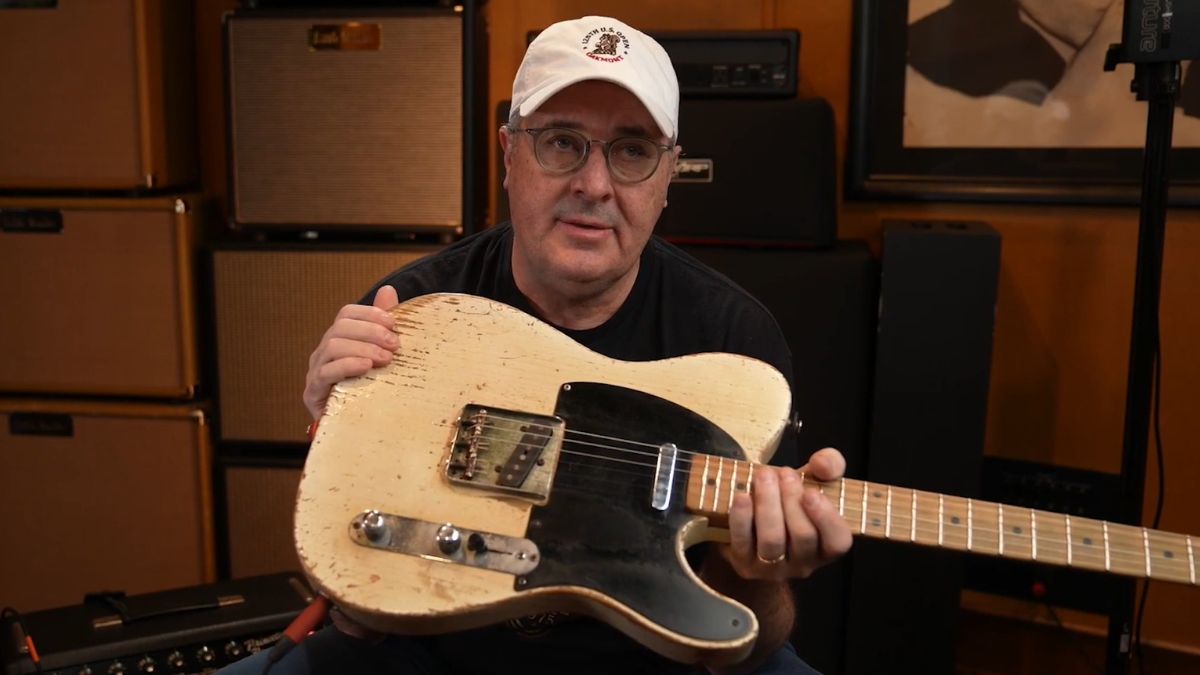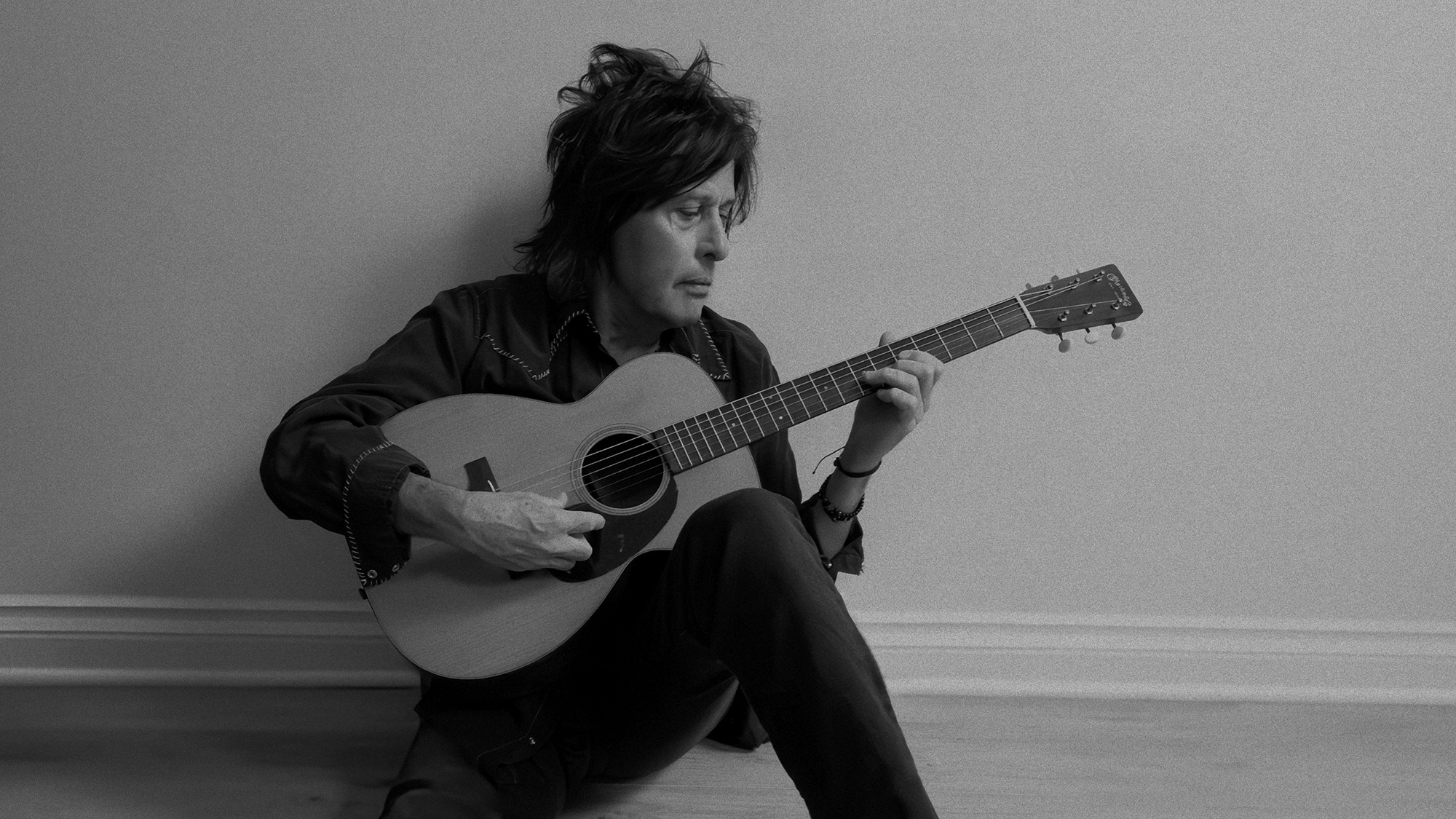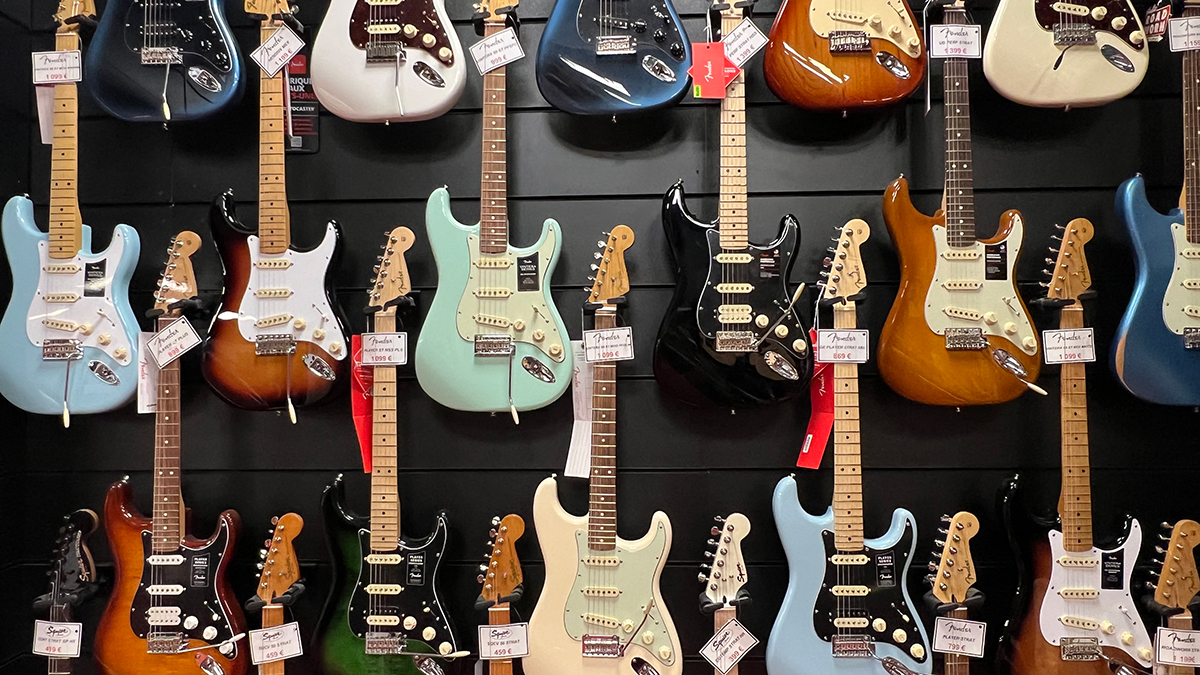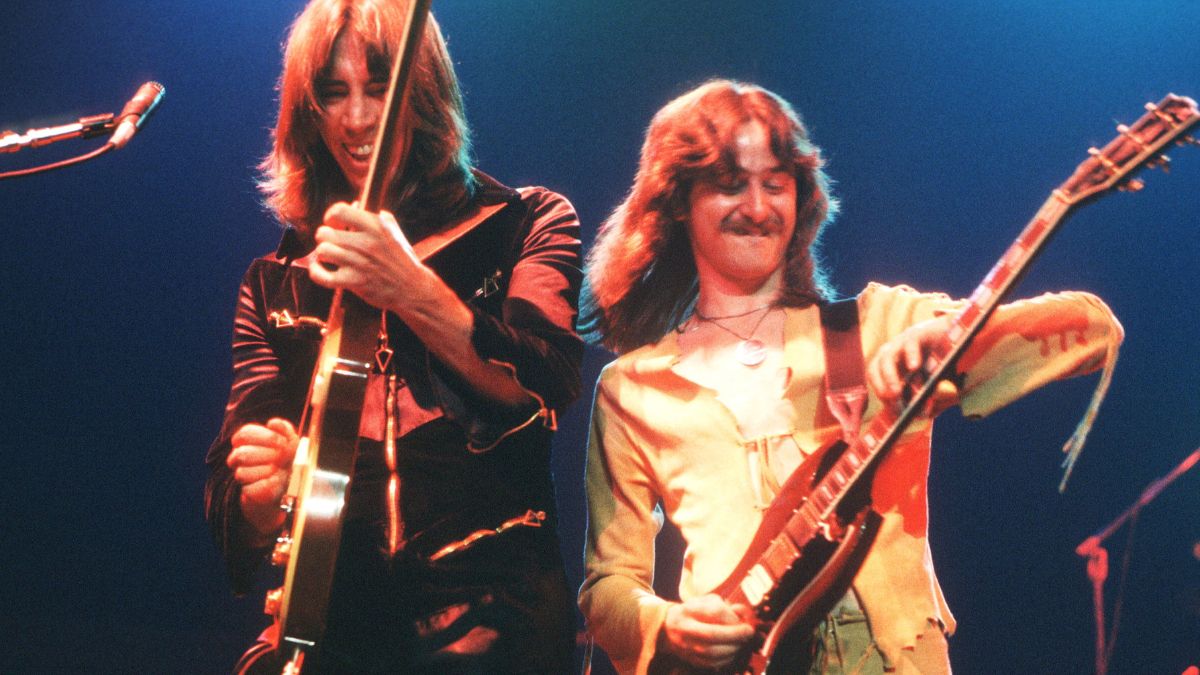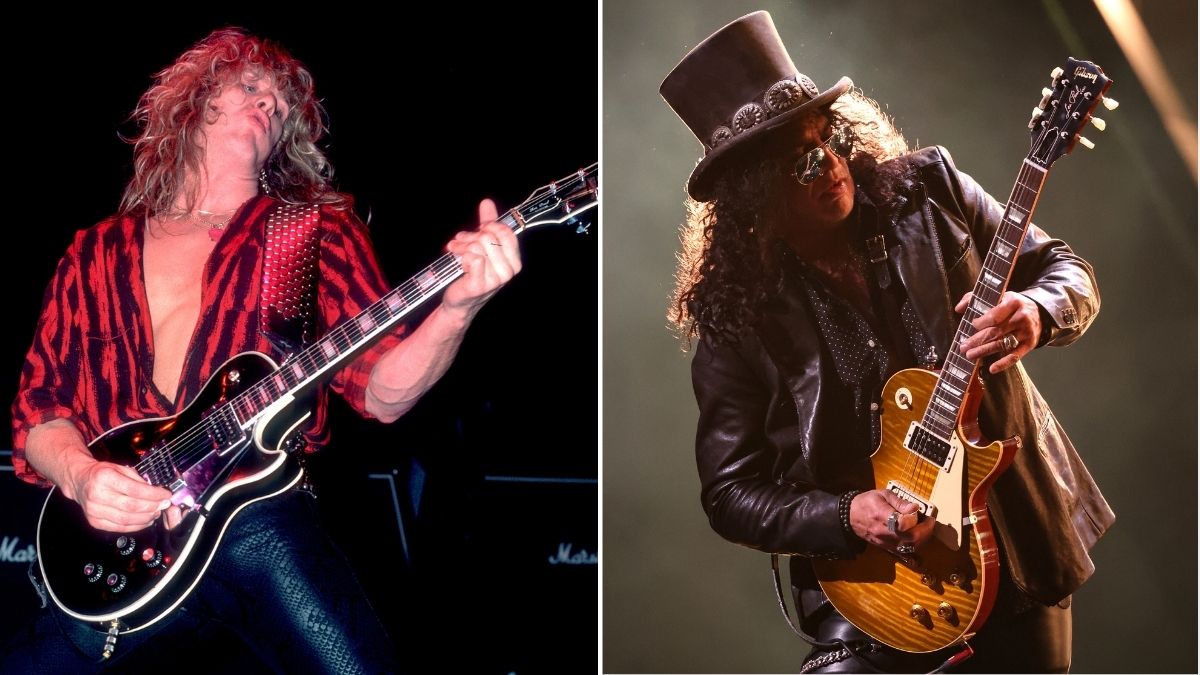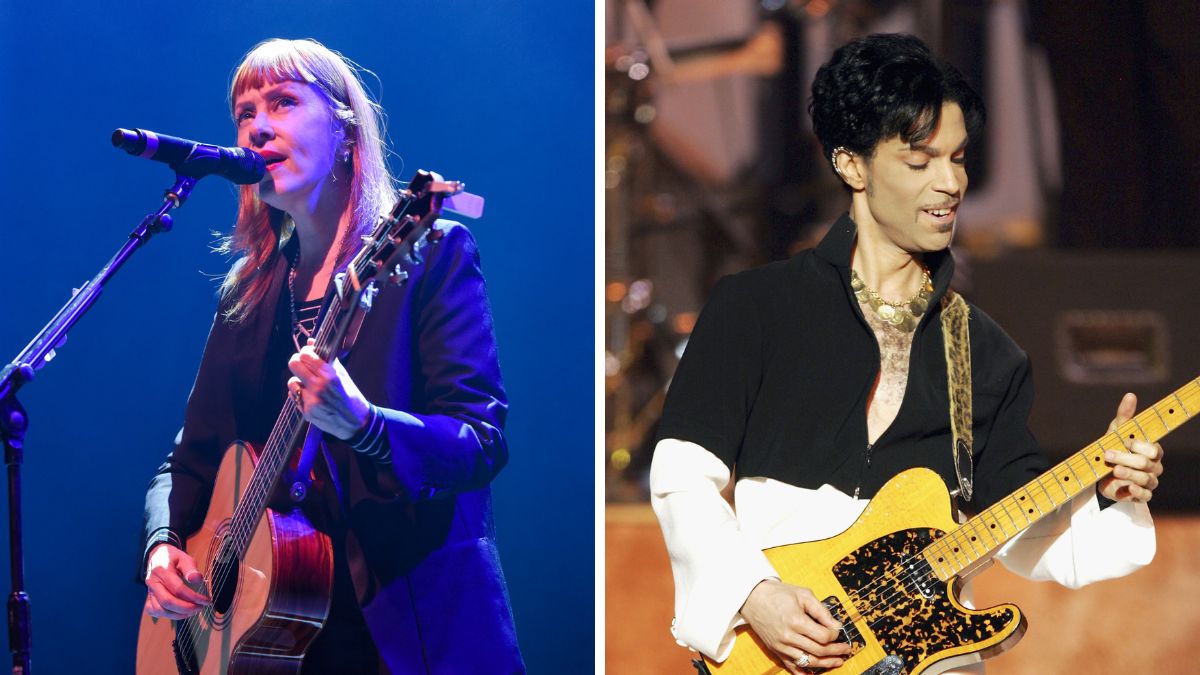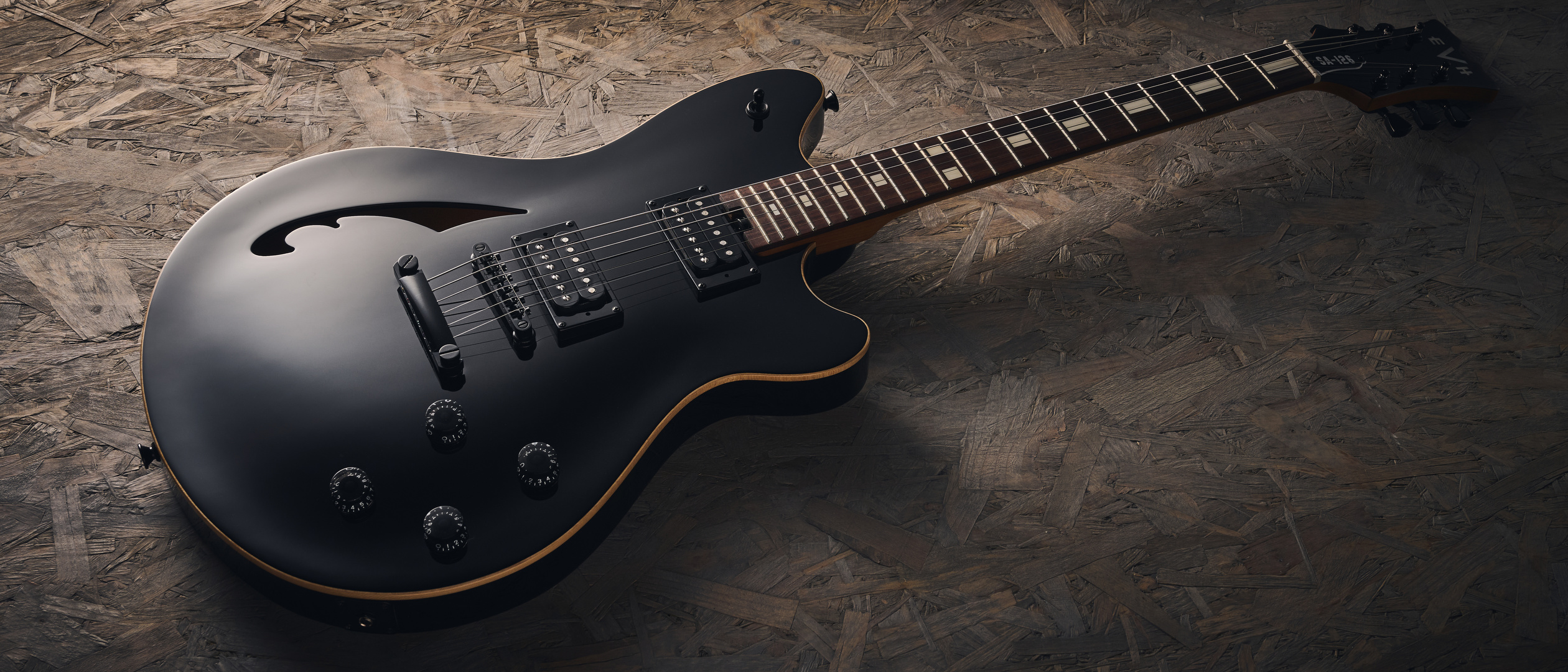“The Steve Morse stuff is very different to the early Ritchie Blackmore stuff. Nobody can do it better than them”: Simon McBride on how he’s made the Deep Purple catalog his own – while paying homage to the icons who came before him
McBride was appointed Deep Purple's lead guitarist in 2022, following in the footsteps of some of the most revered players of all time
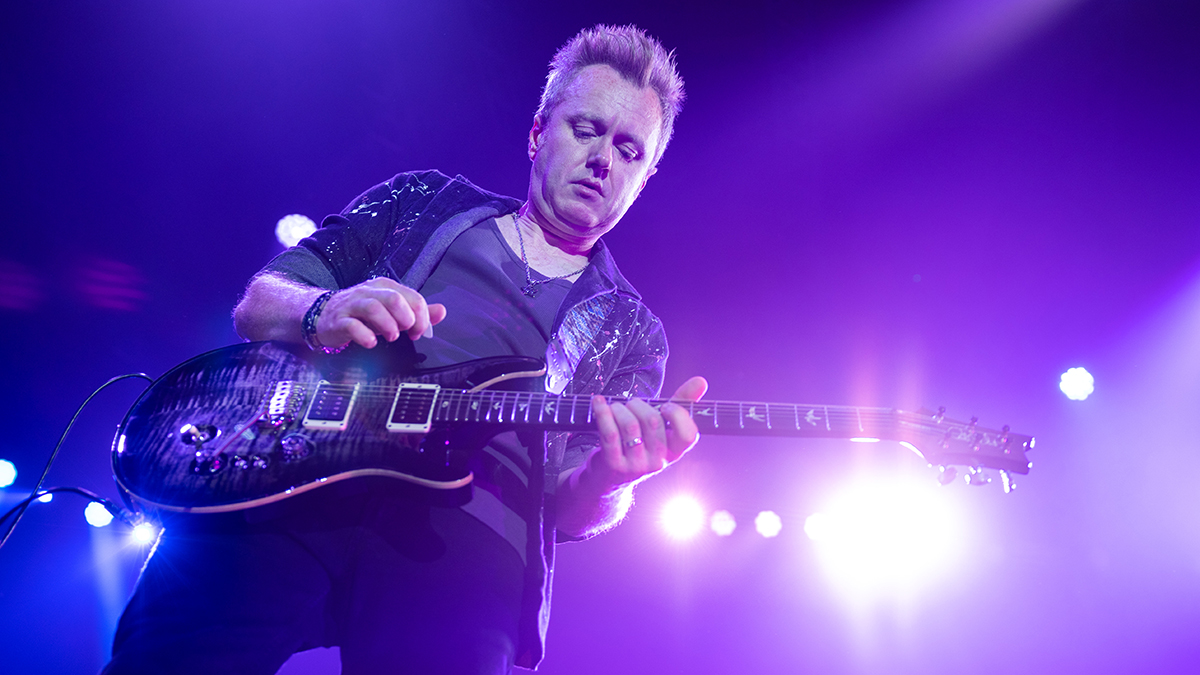
Just over two years ago, Simon McBride was set on a path that would lead him to permanently joining Deep Purple as the classic rock outfit’s lead electric guitar player.
After initially filling in for Steve Morse, who announced a temporary leave due to personal reasons, back in March 2022, McBride was then appointed on a full-time basis in September of that year.
Since then, he’s performed live with Deep Purple, and has also helped them craft =1 – the group’s 23rd studio album, their first to feature McBride as their guitarist, and a record that cements the blues-rock ace in the annals of Deep Purple history.
It was well-documented that McBride was stepping in to fill some fairly sizable shoes, joining a list of Deep Purple guitarists that features the likes of Morse and Ritchie Blackmore.
Speaking in the new issue of Total Guitar, McBride discusses just how he managed to adapt to his new role, and how he's been able to follow in the footsteps of Blackmore and Morse.
And the key, he says, has been to remain true to himself as a guitarist, recognizing that, while he can homage to the players that have come before him, he can never truly be them – and that’s not a problem.
“You just have to be yourself, you know? If you try to think about what was before – and this applies to any situation – you’ll get a bit strangled musically,” McBride reflects. “There’s no point trying to compete with Steve Morse or Ritchie Blackmore.
Get The Pick Newsletter
All the latest guitar news, interviews, lessons, reviews, deals and more, direct to your inbox!
“I mean, nobody can do it better than them. Certainly not me! So my attitude is not to try to be like them. One of the things that the guys in the band like about me as a player is I do my own thing.
“I’m very respectful of the old songs because some of those parts that Ritchie and Steve played are huge parts of the songs, and there’s no way to change them.”
As he mentions, McBride has to draw from a catalog of tracks that has been assembled by two very different guitarists, who each have different qualities to their playing. When it comes to tackling their more iconic parts, each song requires a different approach.
“The Steve Morse stuff is very different to the early Ritchie Blackmore stuff,” McBride observes. “Steve had a bit of an injury to his wrist, so he doesn’t play the way he did in Dixie Dregs. If I had to play what he did there, I would give up!
“And with Ritchie’s style, for example, there’s a solo like Highway Star that I can’t change. When you’ve got 65,000 people all singing the solo back at you note-for-note, it’s like, ‘Okay, I am so glad I did not change this at all!’ But there are other solos, like the one in Smoke On the Water, where I changed it around and put my own flavour on it.”
Visit Magazines Direct to pick up the latest issue of Total Guitar, which features the full interview with Simon McBride.
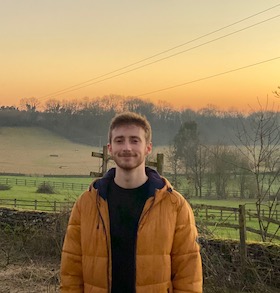
Matt is the GuitarWorld.com News Editor. He has a Masters in the guitar, a degree in history, and has spent the last 16 years playing everything from blues and jazz to indie and pop. When he’s not combining his passion for writing and music during his day job, Matt records for a number of UK-based bands and songwriters as a session musician.
“I didn’t know him or trust him. But I gave him all of that money in the hope he would bring me a Strat. I had no idea if I’d see him again”: Rammstein’s Richard ZK on the coffee shop rendezvous in East Germany that got him his first Fender
“I said, ‘You can’t make a guitar as good as my old one.’ They tried and it wasn’t great”: Vince Gill’s 1953 Telecaster is one of the most coveted Teles of all time – but the Eagles guitarist turned down Fender’s offer to make a signature recreation

